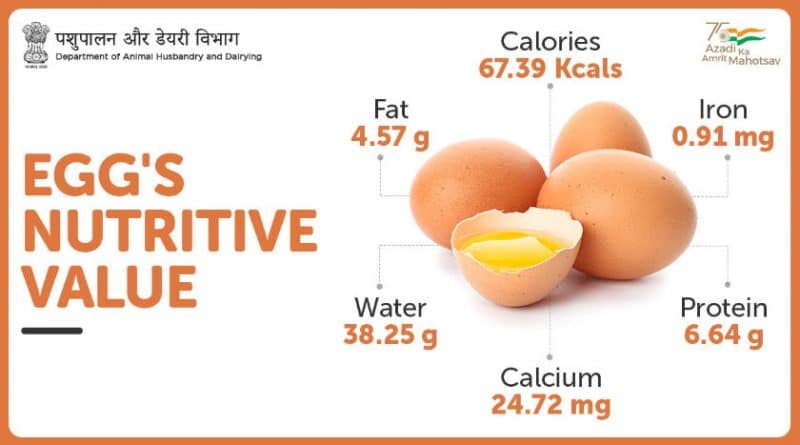Nutrition and Eggs – Another Food Myth Laid to Rest
Deciding to eat healthy, nutritious, and truly natural food is one of the best things you can do for your quality of life. Decision made, you would think determining the quality of the food you eat would be a fairly straightforward process. No so — the facts about nutrition and eggs are yet another example of what I’ve come to call a food myth.’
Unfortunately, what ends up in your shopping cart, and in turn, your body, is often based on incorrect information — information that once put forth by some marketing department or other, proliferates wildly, becoming the ‘truth’ upon which we base the dietary decisions so integral to our health.
Eggs are one of the healthiest foods you can eat; the story about them is also one of the best (or worst) examples of a food myth that comes to mind. Unfortunately, eggs have been vilified by many who believe their consumption contributes to the cholesterol problem.
A recent study in the Journal of Agriculture and Food Chemistry identified several different peptides in eggs that actually act as natural ACE inhibitors (angiotensin-converting enzyme inhibitors, a group of pharmaceuticals that are used primarily in the treatment of hypertension and congestive heart failure.)
Many people routinely avoid eggs because of the cholesterol propaganda to which they have been linked in recent years. The original study that put eggs on the dangerous food list was done by the Cereal Institute 50 years ago and was conducted using dried egg yolk powder.
Louise Gittleman, the author of Your Body Knows Best, states that “Recent refutations of that study point out that dried yolk powder, in and [only] of itself, is toxic to blood vessels because it has been oxidized. No subsequent studies have been able to prove any cholesterol dangers or any other kind of dangers from eating eggs.”
In reality, it’s hard to say enough good things about eggs. Eggs are nature’s most perfect food – providing better quality protein than milk, beef, whey, and soy. They contain all nine essential amino acids and are loaded with vitamins and nutrients that support your eyes, brain, and heart.
In addition, egg yolks contain choline, a chemical similar to the B-vitamin family, which is essential for heart and brain function and for the health of your cell membranes. Choline also protects our livers from cholesterol and fat build-up, is the precursor molecule for the neurotransmitter acetylcholine, and more.
In terms of preparation, take care not to overcook eggs, as the cooking process can damage vital nutrients. Overcooking can cause the cholesterol that is natural in the egg to become oxidized. The best way to eat eggs is soft-boiled, poached, or sunny side up.
Throwing a raw egg into a super nutritious shake is also a great, easy way to add eggs to your diet. If the idea of raw eggs bothers you, just remember that the meringue on a pie and the dressing on your favorite Caesar both contain raw eggs.
Choose free-range organic varieties and try to purchase your eggs directly from a farmer to ensure quality. As to storage, in Europe and South America, eggs are stored on the counter and not in the fridge. Neither method is right or wrong; store them where they are least likely to lose moisture.
Another food fallacy laid to rest. Unless you are allergic, eggs have an important part to play in good nutrition.




